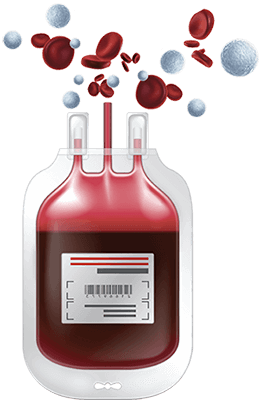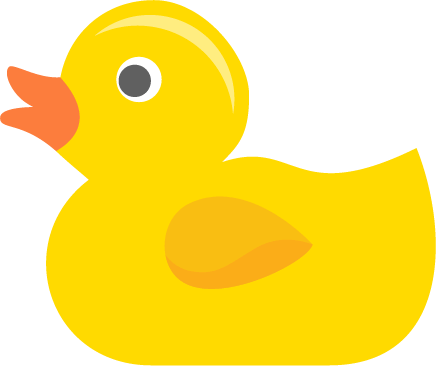Canada's Largest & Oldest Cord Blood Bank
Your baby is three-quarters of the way through his or her first year. Can you believe how much has changes since he or she was just a newborn? Find out what’s in store this month.
Milestones This Month
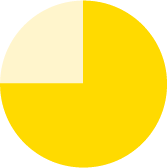
Most babies can
- Make word-like sounds
- Bang objects together to make noise
- Attempt self-feeding with a spoon
- Pull to a standing position
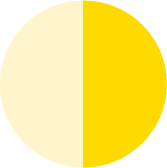
Half of the babies can
- Use pincer grip
- Cruise while holding onto objects
- Respond to one step commands
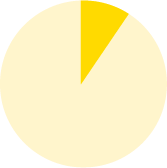
A few babies can
- Say “mama” and “dada” to the right parents
- Play peekaboo and pat-a-cake
Baby Development at 9 Months
There is a growth spurt at 9 months. So, you may notice a significant increase in height and weight. According to the growth charts from the World Health Organization, an average 9-month-old baby girl should way around 18.1 pounds (8.21 kilograms) and an average 9-month-old boy around 19.6 pounds (8.89 kilograms).
This month your baby will be adding many more words his or her vocabulary. You will notice that she is not able to understand a lot more and may even respond to one step commands like “pick up your toy” or “give me the cup.” If you listen carefully, you will find that your baby’s babble is starting to sound more and more like your own speech now. Keep talking, reading and singing to your baby to encourage language development.
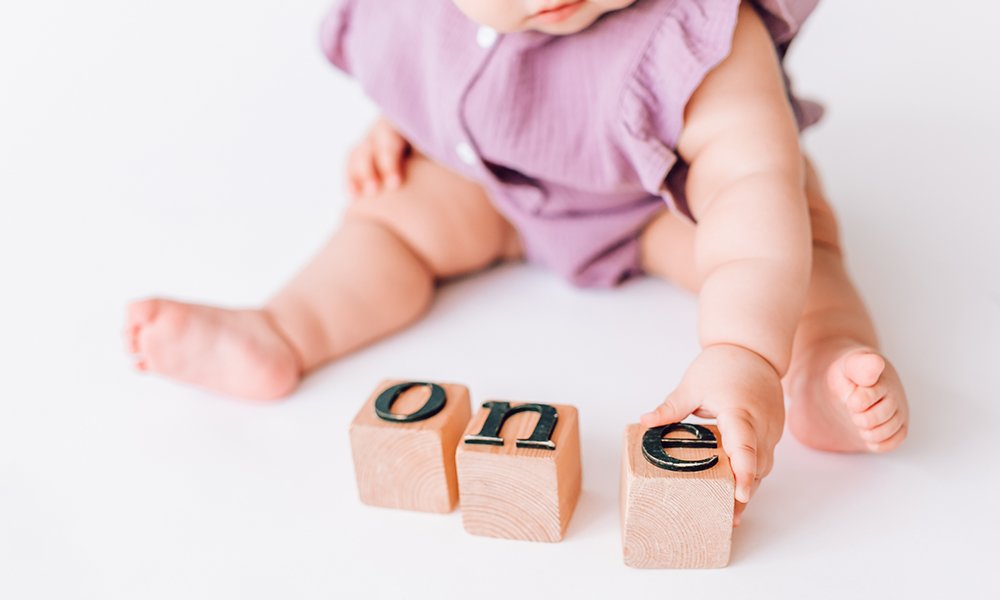
Your baby’s memory is also improving, which is why getting your baby into a routine will be good at this point. For example, if the bedtime routine involves brushing teeth, a bath and a story, your baby will know that sleep comes next. His or her eyesight is now developed enough to see across the room. Your little one may see a person or a toy across the room and start crawling.
Some babies are already pulling themselves up to standing and even cruising on furniture at this stage. You can get your baby a push toy such as a walker or a shopping cart to help him or her along. It is also good to make sure your house can now safely handle a soon-to-be walker.

Baby Tip
Skip the shoes! Whenever possible, keep your baby barefoot to strengthen those arches on the feet and to build muscles on the legs.
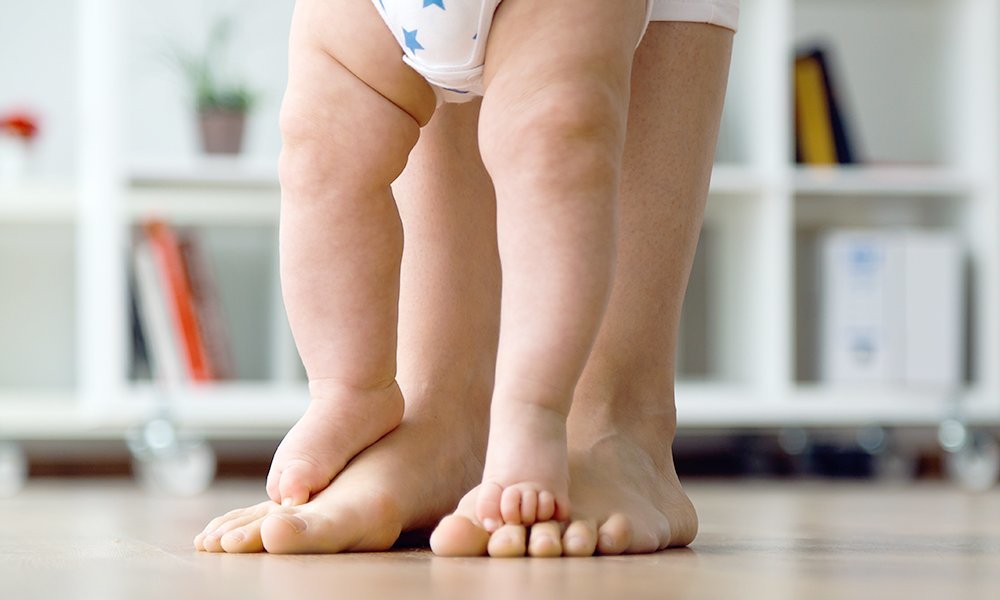
Supporting Your Baby
Feeding
At nine months, you baby is probably eating quite a bit of solid food. He or she should be having three main meals and a couple of snacks. Try to develop good eating habits early on. Don’t let your baby eat while playing or snack all day. Limit the eating to 3 meals and 2 snacks and when possible put him or her on the highchair for these meals. Also make sure you let your baby try a variety of foods and stick to natural foods without too much salt, sugar or additives.
Your baby should be eating about ¼ to ½ cups of grains, protein and fruits and vegetables. If your baby is a picky eater or not into eating solids yet, there is no need to worry. Babies this age should still be getting anywhere between 24 to 30 ounces of breastmilk or formula. Keep introducing foods with new textures and tastes to your baby and he or she will find something they love.
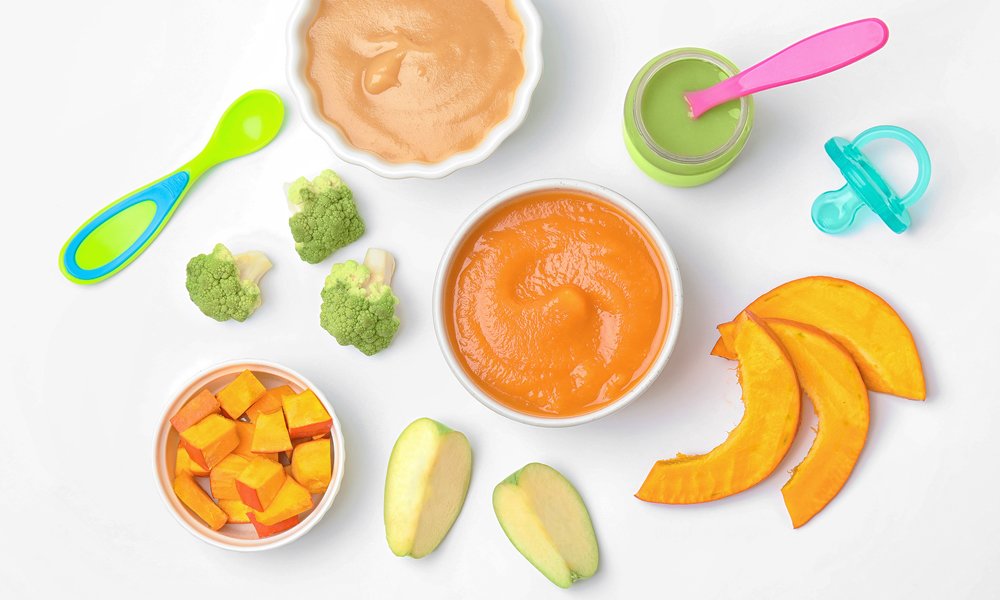
Sleep
If you are one of those lucky parents, your baby may have started sleeping through the night now. Babies this age should still be getting around 14 to 15 hours of sleep and 11 of these will be at nighttime.
Cord blood is the blood remaining in the umbilical cord and placenta after birth. It contains rare stem cells that have many potential medical applications.
We have put together a fantastic webinar that will introduce you to cord blood and everything you need to know about it.


